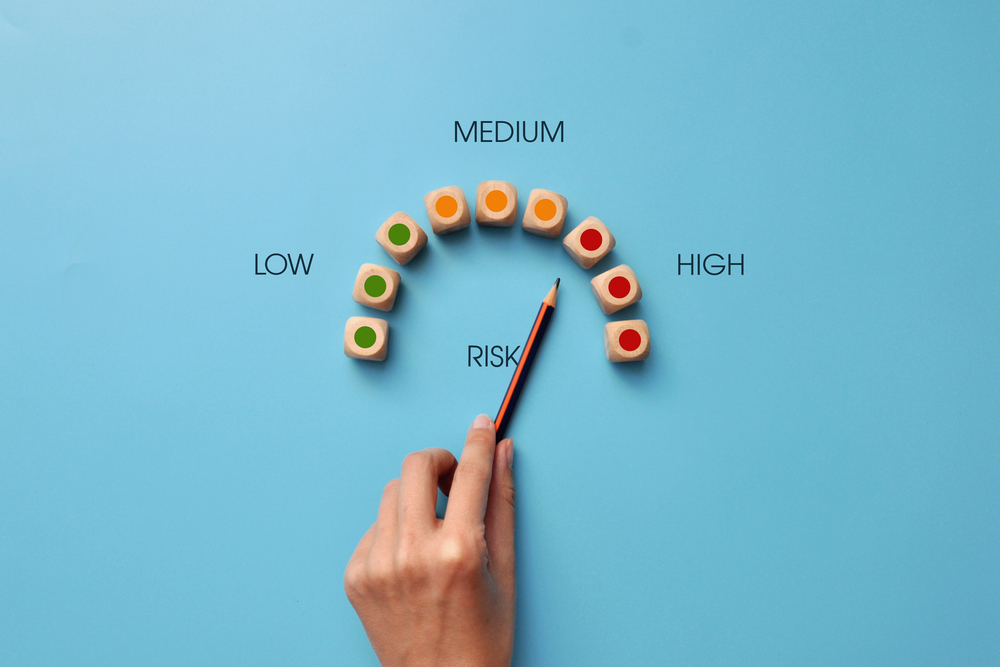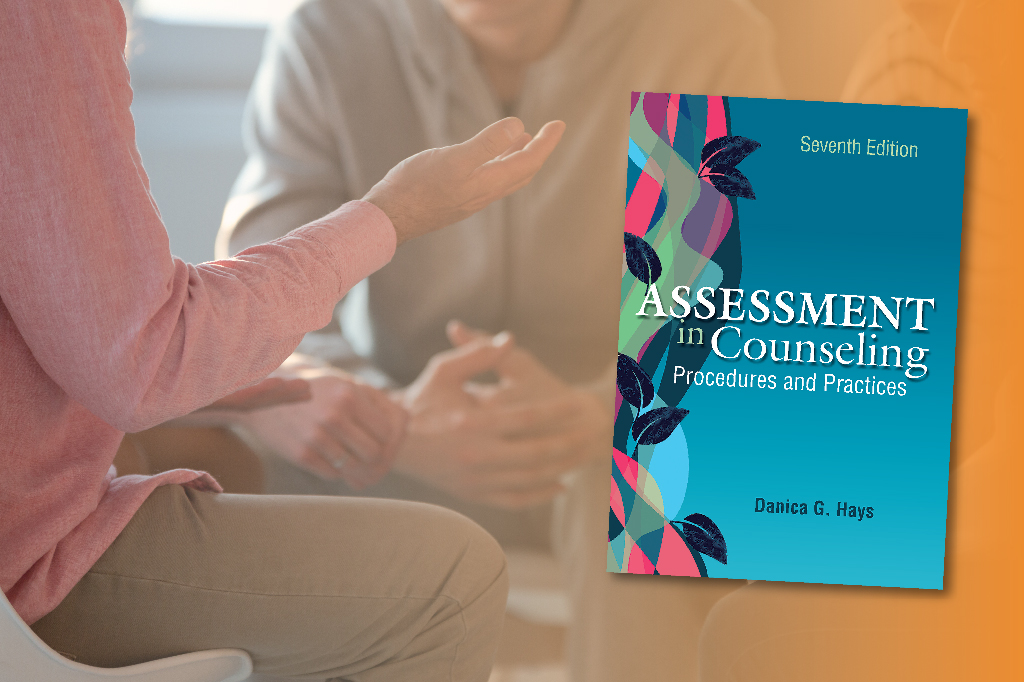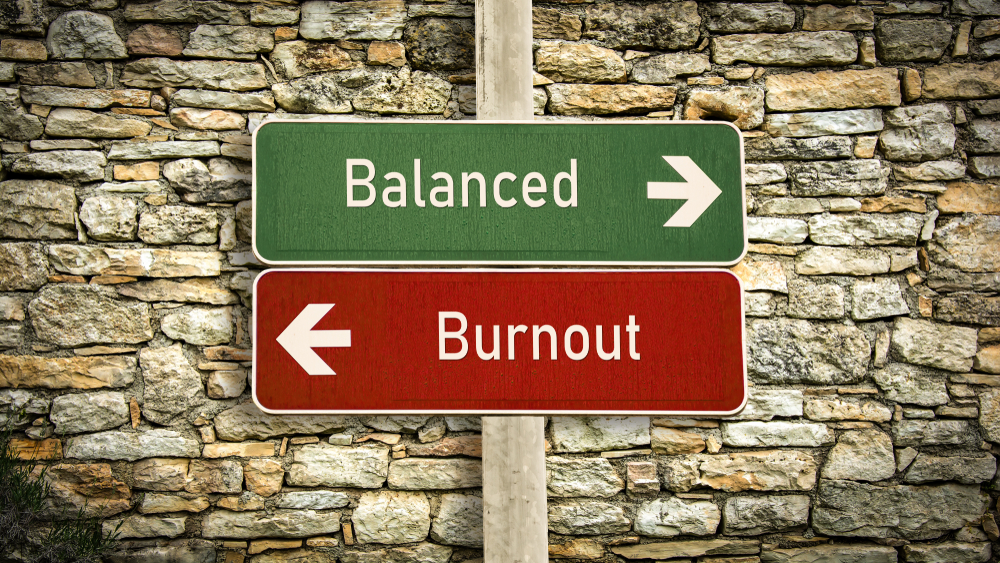
Highlighting the importance of mental health awareness
While one in five people will experience mental illness over the course of their lifetimes, everyone will face challenges that can and will affect their mental health. Observed every year on October 10, World Mental Health Day seeks to raise awareness of mental health issues and highlights efforts to support mental health.
Acknowledging the state of one’s mental health issues is important, and so is being able to seek help when you’re struggling. ACA has provided sharable graphics and resources to support counselors around the world who play a crucial role for those struggling with their mental health.
Related Articles from Counseling Today
General Public Resources from the Counseling Corner
Is The Stress In Your Life Affecting Your Waistline?
These days there are numerous things that can add stress to our daily lives. Maybe it's family or financial issues. Maybe it's pressures at work or even that daily commute. Perhaps you find yourself feeling stressed and upset over the latest news reports even though they're about things occurring far from you and beyond your control.
Most of us, when we face anxiety and stress, try to find ways to limit such feelings. One of the most used methods to minimize our stress and make ourselves feel better, if only for a short time, is by turning to food.
Not necessarily a conscious decision, stress eating is a common way to cope with uncomfortable thoughts and feelings. It's a natural reaction. Many foods affect our moods and feelings. They may remind us of better, simpler times (think "comfort foods"), or may actually bring reactions that make us feel better (yes, that "sugar high"), if only for a little while.
The problem with stress eating is that it can have a variety of negative effects, with the most common one being what we see when we step on that bathroom scale. So how can you avoid using food as a stress reliever?
A starting point is to focus on when and why you're eating. Experts advise keeping a food diary, just for a few days, in which you record what you eat, when you eat and what you're feeling at the time. What many people find is that, without realizing it, they've been snacking, often unhealthily, not because they're really hungry, but simply because they're feeling stressed.
It's important to realize that the food you're eating doesn't make the stress or your problems go away, and that it actually may be increasing your stress as you add on unwanted pounds.
You want to deal with this problem by analyzing the sources of stress in your life and trying to see if there might be ways to reduce or manage that stress. Consider looking to non-food related activities, like exercising, reading, gardening or other similar relaxing activities. Sometimes, simply being aware of what is triggering your stress-related eating is enough to help you avoid it.
Overcoming stress-related eating can be a challenge, but it is possible. If your eating issues are affecting your health, consider talking to your family doctor or a counseling professional specializing in this area.



















